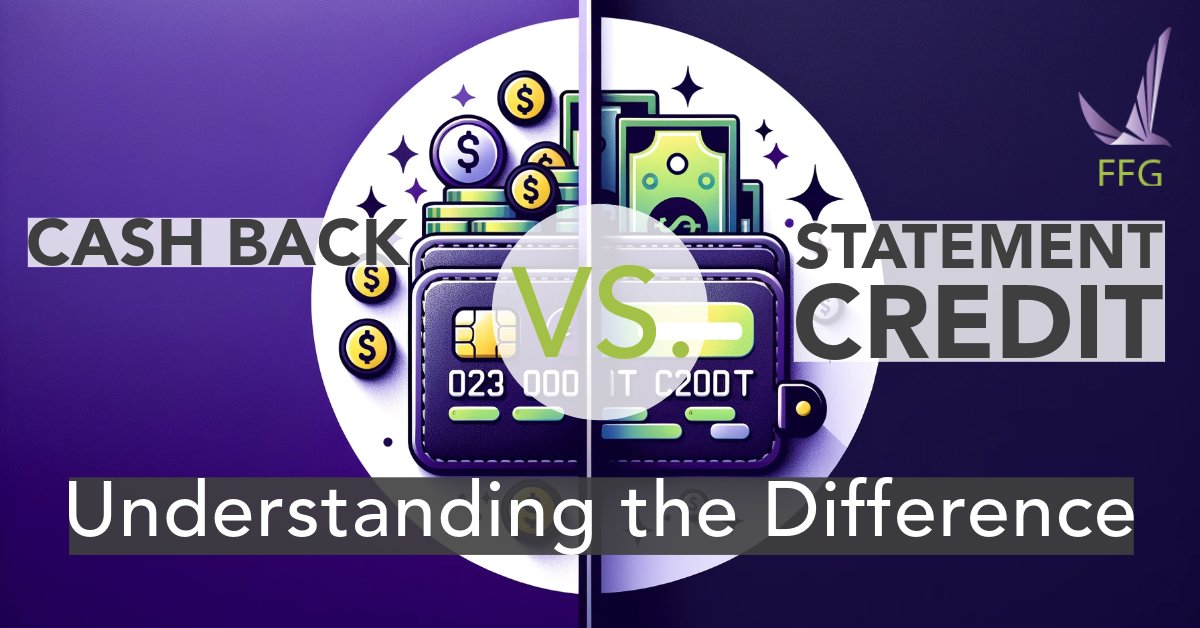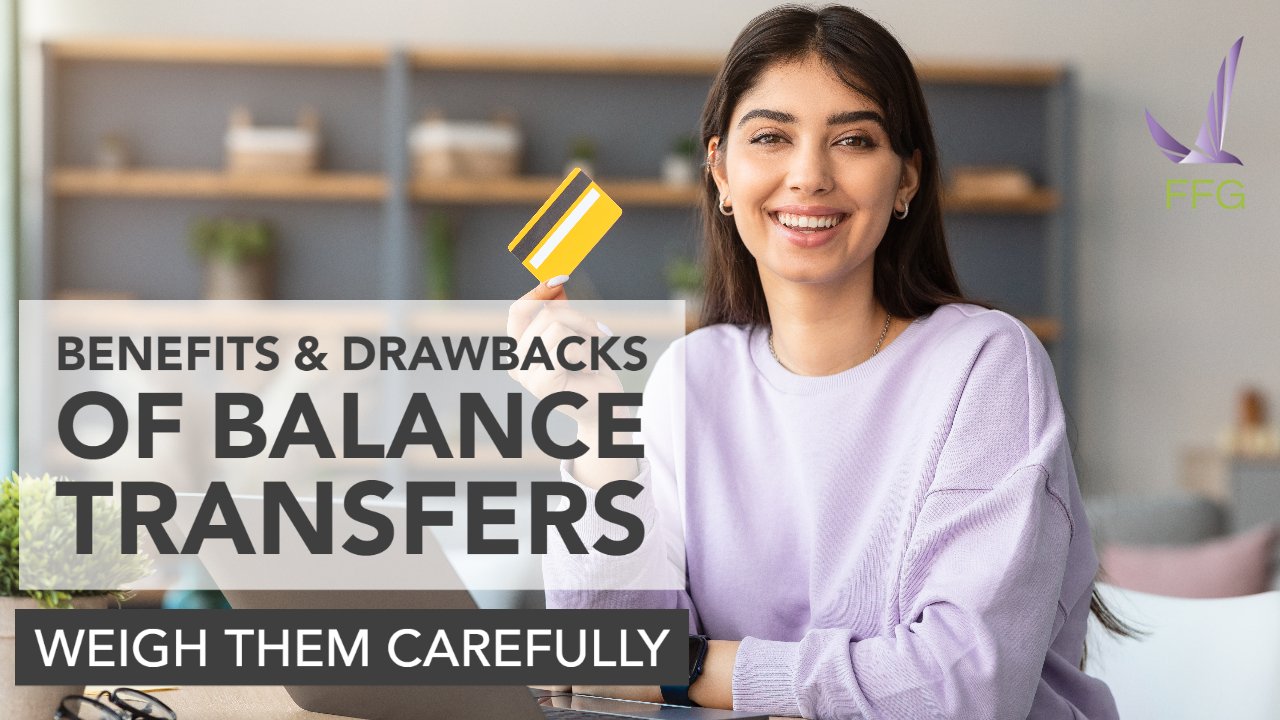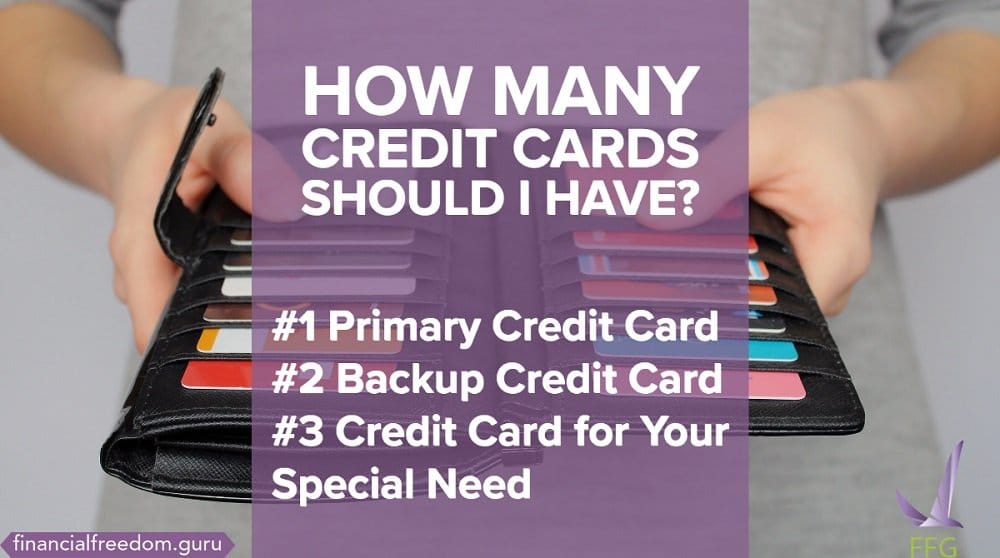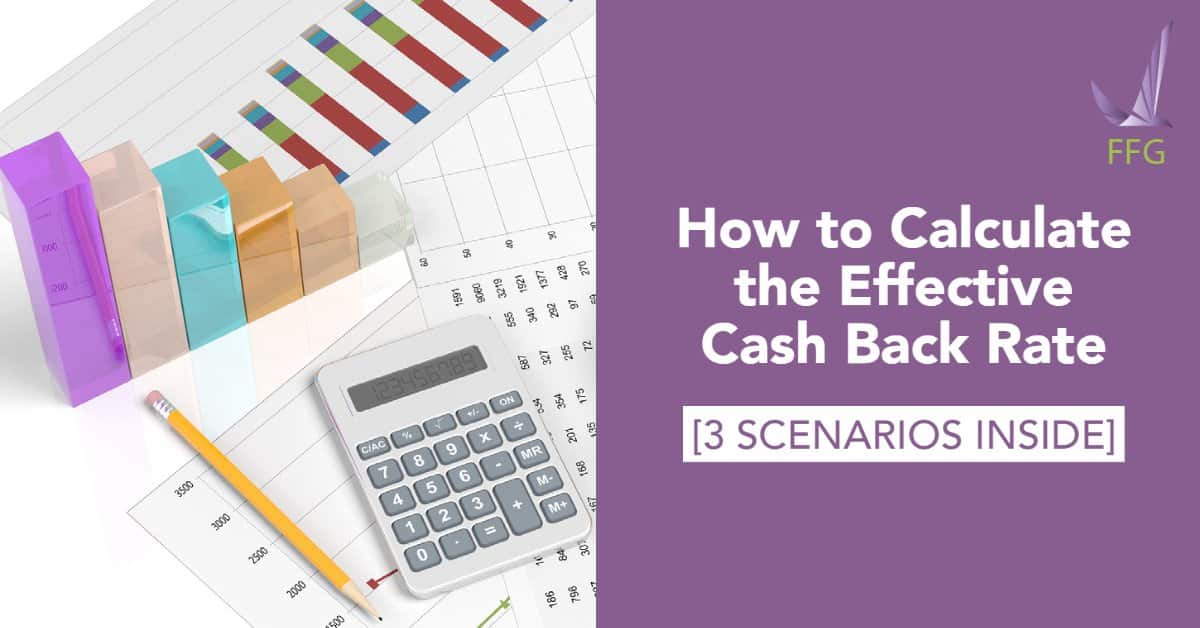Make Friends With Your Card By Managing Credit Card Debt
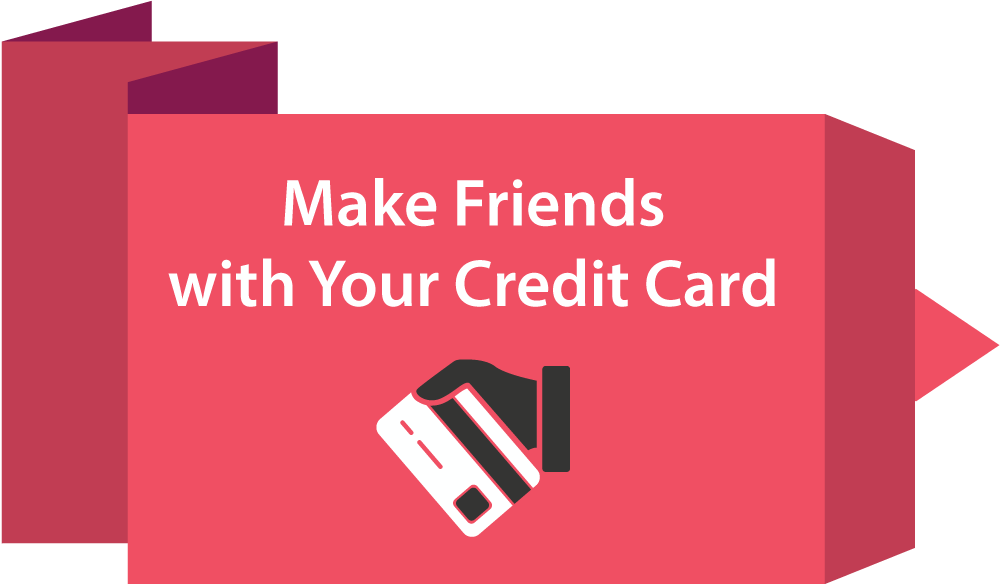
When you don’t understand credit, it can be a difficult and seemingly unfair concept to get. You’re allowed to borrow money from a company. When you repay it, you may owe nothing extra or a lot of money thanks to really high interest rates. Without credit cards and other forms of consumer credit, could you afford many of the high-cost items you’ll buy? Yes, you can, but you’d have to save up for a long time before you can take the item home.
In this article, we’ll discuss why your credit card should be treated as a friend, and not a foe. Credit should not be feared or written off as too hard to understand. It is just a financial tool. If it’s used improperly, you will get caught up in the pitfalls. Utilized correctly, credit can benefit your fiscal position and make your money go further. We’ll end our discussion with some tricks to manage debt.
Table of Contents
The Truth About Debt
In the US, one-half of all American households currently hold credit card debt. The average debt and interest rate a person carries is about $15,000 and 15%, respectively. This results in $2,250 of interest per year, without counting any penalties or late fees. Miss a payment, and the interest rate nearly doubles to 29% per year. Now you’re paying $4,350 in interest annually.
When you’re saddled with credit card debt, it can be crushing. Here’s some truth you should know:
- You should only consider a credit card if you have the ability to save money. If you can’t save money, how are you going to pay back your debt?
- Pay more than the minimum payment. Aim to pay as much as you can comfortably afford every month, after paying into your emergency fund. Your efforts will be recognized as your payback period and debt both decrease.
- Credit cards should be used mainly for large purchases. Use your debit card or cash for smaller, manageable expenses. There may be a few other legitimate reasons to pay small items with your credit card.
- Once you have bought the item, you should pay off the credit card as fast as possible. Ultimately, your goal should be to pay off your credit card completely every month. This is the only way to avoid paying interest on the money you’ve borrowed.
Six Tricks To Avoid or Manage Credit Card Debt
So, you went ahead and used your credit card anyway. We’re not judging you. Perhaps the card offered an awesome bonus, like an extra year’s warranty, and it made sense to use your card. Maybe you got a 0% APR offer and you’re committed to paying off the loan on time. Regardless of your reasoning, you can use the following tips to help reduce opportunities to default on your debt.
Set up automatic payments
You have a million things on your to-do list. Let’s set up automatic payments (autopay) to ensure you don’t miss your credit card bill’s due date. Autopay keeps your payment history, which is 35% of your credit score, on track. We recommend that you set up more than one autopay per month to pay down your balance more frequently. This should lower your utilization ratio (the amount of credit used compared to the total available credit you have). Good payment history and low utilization help you qualify for better rates and higher limits on your next credit card.
Consider a balance transfer
If your credit is relatively good, see if can qualify for a low APR balance transfer. You will have to pay a balance transfer fee of either 3-5% or $5-$10. (This fee has the potential to wipe out any savings promised by the low APR. Review the truth in the disclosure statement, and ask for a listing of all fees and their amounts before signing.) If it makes financial sense to pursue the balance transfer, you can save hundreds to thousands of dollars in interest. Just remember these four things. One, do not cancel the old card because you’ll reduce your credit utilization. Two, you must pay off all the debt by the end of the introductory period. If you don’t, the regular APR will be applied to the remaining balance. Three, your introductory period end date may not coincide with the billing period due date. It’s more important to pay the balance by the end of the introductory period than by the billing due date. Four, do not make new purchases on your card. New purchases are charged interest at higher regular rate instead of the low rate. You shouldn’t be taking on fresh debt when you’re trying to get rid of old ones.
Use your card benefits
Your card may come pre-packed with benefits to help you spend less or protect your purchases. It may be loaded with rewards based on your spending, like cash back, or redeemable bonus points. Some cards may offer price matching partnerships with retail stores for specific card types. Other cards come with extended warranties, insurance, and loss protection. You may find these listed in your credit card agreement, or on your lender’s website. You can also call them or stop by a branch to discuss this further.
If your balance is low, pay it all off if you can afford it
Congratulations! You’re almost done with the debt. You’ve set up a good system using autopay and you’re a few payments away from getting rid of it all. If you have the money available, you should pay off the remaining debt in as few installments as possible. Let’s say you have $1000 left on your balance. Interest is applied on the current balance at the time the monthly billing cycle closes. If the cycle closes today, your interest is calculated against a $1000 balance. It doesn’t factor in your $250 autopay installment that is applied two days from now.
Understand what will cause penalties and fees
These really fall into two camps. There are standard actions that will trigger fees and penalties on your account. These include missing payments, exceeding your credit limit, and paying less than the minimum amount. You should understand which consequences will follow which actions. Most penalties will occur after one offense. Fortunately, if you are not a habitual offender, your bank may be willing to reverse penalties and fees applied.
The other actions may be specific to your card, per the terms of your credit card agreement. The best way to become familiar with them is to either review your agreement or contact your lender directly. The lenders must honestly disclose their terms if you ask about them.
Consolidate your debt
We’ve saved this one for last because it has the most risk. You may consider going to a debt consolidation company to lower your interest rate. We don’t usually recommend this option, because there are better debt management solutions. During the consolidation process, you may be told to stop paying your bills. This directly affects your payment history and your utilization. (The late fees, penalties, and growing interest eat away at your credit availability.) You may also be told to close credit accounts, which then negatively affect your utilization. Debt consolidation fees are added to your debt. Your credit score takes a hit. Afterwards, lenders typically do not want to work with you for at least a year while you re-establish credit. If you choose to consolidate your debt, please make sure and carefully read the contract before agreeing to anything. Ask questions about everything you do not understand, and make sure you get clear answers.
Take Advantage Of Your Credit Card
When wielded properly, credit cards are not a foe, but a convenient tool for making purchases. They are perfect for emergencies because you can make large purchases quicker rather than save up for a replacement. Features in your card can protect your purchase, or reward you with any cash back and other bonuses. To keep credit use friendly, pay down debt as quickly as possible. Once that is done, keep your balances low and paid off in full every month.



